-
CreatorTopic
-
05/31/2016 at 12:14 pm #5190
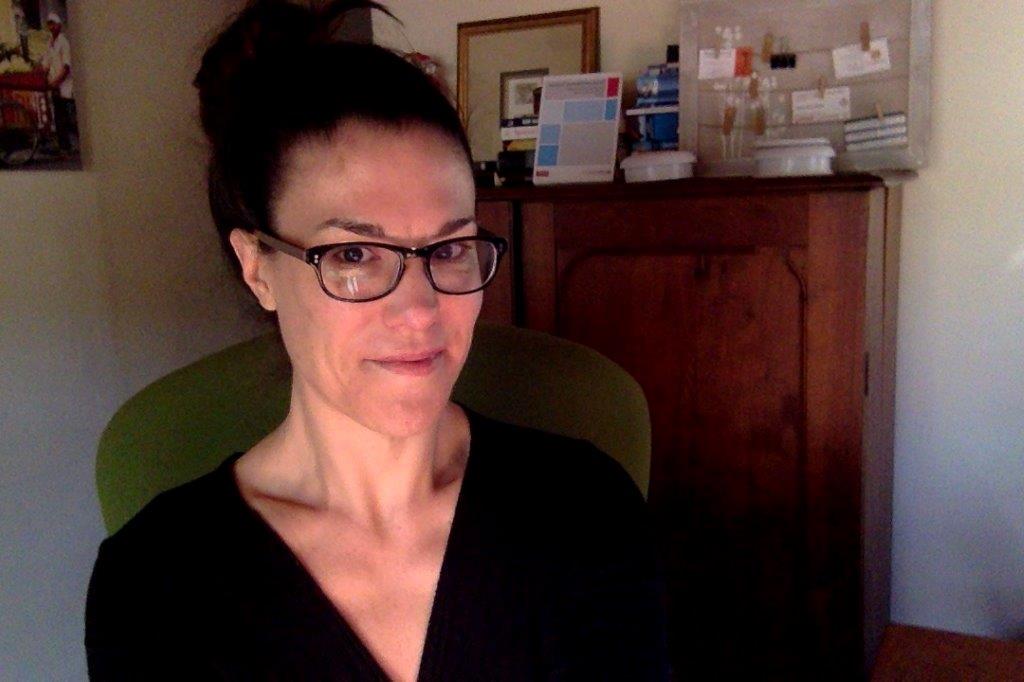 AnneMember
AnneMemberImagine that you are conducting a study among MSM in a community where homosexuality is highly stigmatized and is illegal in the country. Some of your participants are attacked at a local nightclub because rumors have circulated about their involvement with the trial site, which has become known as a ‘place where people train men to become gay’.
How might your team handle this situation? What could have been done in advance to potentially prevent this from happening?
-
CreatorTopic
-
AuthorReplies
-
-
08/12/2016 at 1:07 pm #5546
 EvelienMember
EvelienMember1/ proactive communication with support groups/representatives and club owners: this should have insight in expected vulnerabilities within the trial protocol so changes could be made. Also best preferred communication could have been discussed as these groups have experience in what are the topics that are usually “attacked”.
2/ proactive and regular open communication via social media and journals should have been foreseen providing all available information on the content and goal of the trial. Even if rumors are started, full information is available when needed and can be used to contradict the rumors.
3/ issue management plan should have been in place (tackling different items as marketing/advertisement around the club involved (and other places that are receiving MSM people), over how and to whom to escalate if a situation gets out of hand, to how to ensure physical safety of people coming to the club (“rescue plan with hospital/medics in the neighborhood), psychological and social support of people/providing contact person if things get out of hand and people are being stigmatized.
4/ forsee a network of legal support for people that are getting stigmatized and in trouble with legal department due to trial participation (can go from defense of the subject legal rights over avoiding unemployment due to participation and risk of insurance problems, …)
-
07/11/2016 at 4:26 am #5479
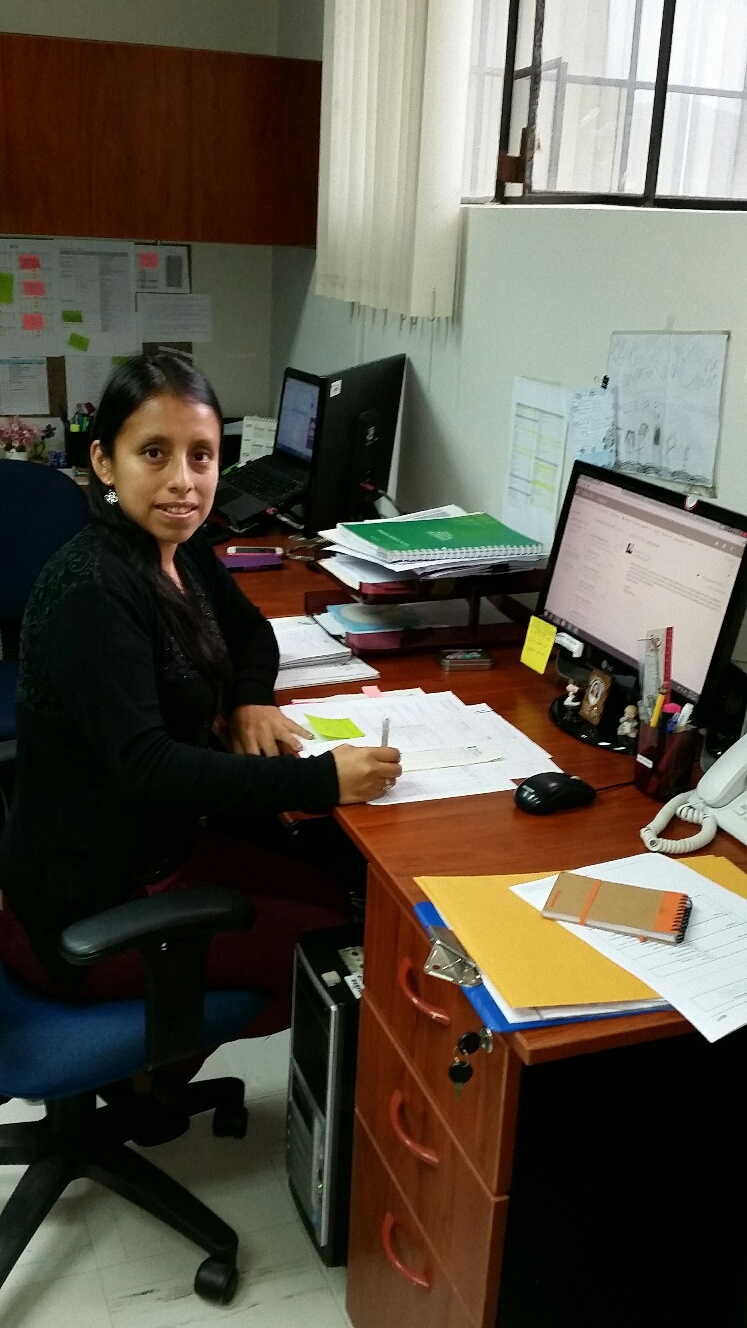 CynthiaMember
CynthiaMemberThe lack of knowledge from the community about the clinical trial which is developed has caused the violence against to whom are under this trial, for this reason it will call to the owner and people who are working in this club and representatives of MSM population as a quickly strategy for the proper manage of the indicated problem. In this way they could know about the research that is developing and after they will share this information to others who go to this club.
This meeting must happen before the start of the project with community representatives , MSM population representatives and others stakeholders and shoud take the proper strategies to avoid this kind of attacks to people who are under this trial, also look for other strategies in case other problems could happens, so will meet with maintain the confidentiality and well-being of participants. -
06/25/2016 at 4:34 pm #5403
 JamesMember
JamesMemberFor Example, in the TRUST STUDY RV368 for MSMs going on in Lagos, Nigeria, we had such issues. We had very notorious and popular market place where MSMs do pass or go through before they access the trial site within the Local government area of the trial site. We found out that when the trial started many MSMs passing through the market arena were sometimes traced by onlookers and touts, hoodlums and other homophobic persons to the trial site and tagged it a Gay recruitment centre, while some persons even pretended to be gay to be able to have access and recruitment in to the trial site for purpose of further investigation. As a result many were attacked and beaten along the road or molested before reaching the trial site and some who were under standard HIV Care package could come to access their drugs as a result of fear.
What was done to avert this was to get quarterly meeting of a broader stakeholders, just as it was outlined, we brought message on the for a research on general HIV terms not outlining who the specific beneficiaries were so as to reduce homophobes and their continued activities. Some of the stakeholders reached out includes the POLICE, Local Action Committee on AIDS in the area, Market Leaders, Community Development Area Representatives . Services at the clinical trial site expanded to other target groups in the area of general HIV prevention and condom distribution and HIV Prevention education.
We also carried out community awareness education activities in the area of dressing and grooming for our MSM Trial participants when outside the trial premises. We also developed many IEC materials for distribution within the area and engaged general population in HIV Testing and Treatment services in the area to further dispel rumor of the Clinical trial site being a GAY RECRUITMENT CENTRE. I guess some these real situation experiences is similar to what Anne just shed light on .
-
06/25/2016 at 4:16 pm #5402
 JamesMember
JamesMemberI do agree with Anthonia and Bamidele, they have really spoken my mind concerning to approach such issues involving the MSM community during commencement of research activities.
-
06/24/2016 at 1:23 pm #5397
 NkundaMember
NkundaMemberAt the risk of sounding repetitive, to ensure the wellbeing of our participants we would ensure they receive treatment/or counselling if needed. We would also follow up with the police to ensure a case report is open and request that they be vigilant in case of any further violence. At the same time we would engage our CAB and intensify our community education and sensitisation. Although we would target the general public we would pay particular attention to the night club and surrounding businesses (e.g. restaurants and shops).
This incident was unfortunate and I’m not sure if it could have been prevented assuming that we carried out community awareness campaigns about the study. There will always be misconceptions and misunderstandings and all we can do is continuously engage communities and take advantage of opportunities to sensitise community members about the study. In order to expand our reach we could have held more mass media broadcasts, handed out flyers in public places like malls and markets.
-
06/17/2016 at 7:26 pm #5321
Fanele
MemberThe study team may have established places where different populations hang out including MSM, made contacts with club owners and know if the club is an MSM club or it is where MSM go and be comfortable. By that it would be easier to or not to leave information material at the club, have talks with everyone there. It will also help the research team to have reliable information about the club to the general community, when such statements are made (gay people are trained in a club). With regards to reacting after an incident, the research team may provide necessary referral support to MSM trial participants to institutions for care and support if required
-
06/15/2016 at 9:01 pm #5306
 NancyMember
NancyMemberThe study team might respond to this incident by working with the CAB to re-launch (because I’m assuming there was some information about the trial disseminated at its inception) to publicize the goals of the trial, perhaps with an emphasis on the medical aspects and the potential benefits. Some “True” and “False” social media campaigns might also be helpful. This would be the time for the study team to refer to its issues mitigation plan in their trial communications strategy. It might also be helpful to reach out to local advocacy groups (in addition to CABs). Community stakeholders, especially MSM, should definitely have been part of efforts to inform the protocol before its launch. It’s best to try to have as much input on risk mitigation from the onset, especially CABs and advocacy groups.
-
06/13/2016 at 11:03 pm #5288
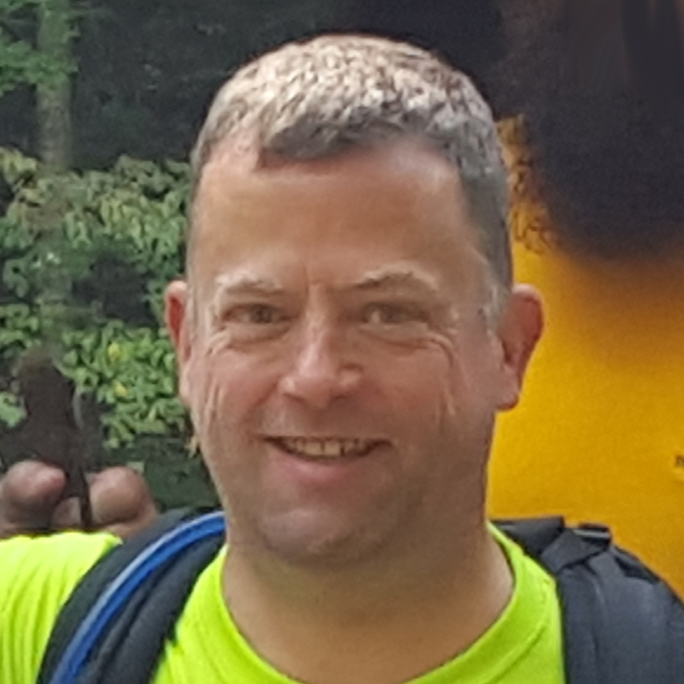 MarkMember
MarkMemberI want to thank everyone for the very original and insightful responses to this exercise. Since I personally always post my response before reading others, I wanted to make a few more comments after enjoying yours.
1) I did not ready the exercise to specify that this was a club catering to MSM. It may be, it may be a club who *tolerates* MSM even if it is not a “gay” club, or it may simply be a mainstream club that operates without any conscious consideration of MSM. Given that homosexuality is stigmatized and illegal, however, one can imagine a scenario where MSM attempt to blend in at clubs that do not cater to them.
2) In light of the above, I believe one should be very careful about assuming that the club owners or staff would be interested in helping a study that intends to recruit MSM, or for that matter any study related to sexual health or HIV. Likewise, if the club does not cater ro MSM, I question whether they would have interest in protecting MSM – even if they did they may be concerned about this becoming known.
In my experience, even in metropolitan cities in the US, clubs and owners are a mixed bag. Clubs that openly cater to an MSM clientele often are altruistic, but there are certainly some who are more concerned with image and profit than helping the community. Some who do want to help the community are very careful to keep those efforts separate from the club’s operation or are highly concerned and very controlling about how their participation is communicated. I wonder if the club in this hypothetical scenario would want to be associated with any aspect of any study that engages persons persons who are MSM. I would think withholding the study’s purpose or details about who is being recruited could be ethically questionable.
3) I wonder if the fact that the site has become known as a ‘place where people train men to become gay’ isn’t a bit of a distraction. In this story, were the participants attacked because they were associated with such a place, or were they attacked because they were believed to be gay themselves? In the latter case, will improving understanding about this myth or educating the community about research or even homosexuality be productive?
4) If one of the solutions pursued was a list of “no-go” places, careful consideration would have to ask if having been provided such a list would actually be a study-related benefit or if having a need to follow such a list would constitute a study-related harm.
-
06/13/2016 at 10:31 pm #5287
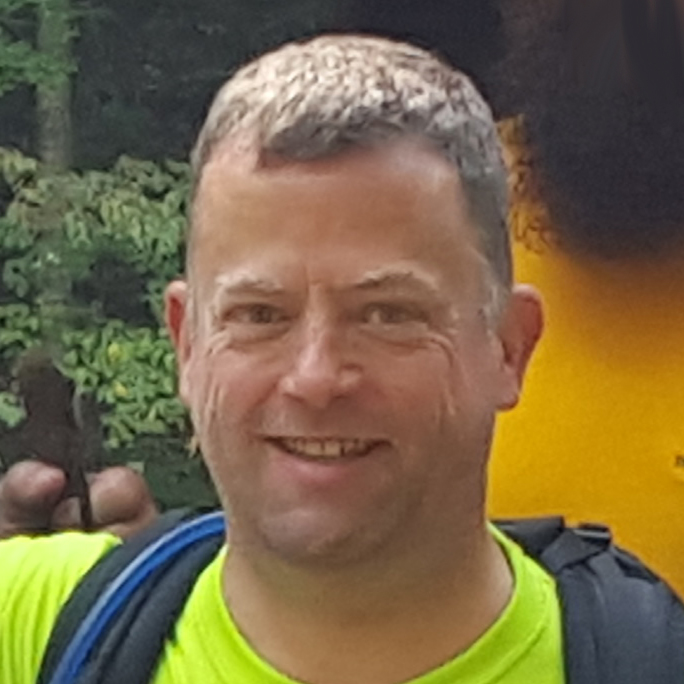 MarkMember
MarkMemberI’ll answer the questions in reverse.
What could have been done in advance to potentially prevent this from happening?
If we’ve followed GPP, we’ve anticipated this sort of problem. This may or may not mean we could have prevented it, but it definitely calls into question our success in implementing some aspects of the principles and guidelines of GPP. While we could not have solve the problem of stigmatization or criminalization directly or completely, we have consulted with community stakeholders. Such consultations should have helped us to anticipate this potential problem, identify ways to mitigate its likelihood, and develop plans ways to handle it if occurs. For instance, our efforts to identify a site where a) participation could occur discretely and without “branding” participants and b) which is in a locale where prosecution and persecution of MSM occurs at reduced levels may not have been successful. Our study site should be housed within a clinic that serves multiple populations with multiple types of services that mask its operation and reduces the risk of “outing” participants. We should have taken care that MSM appointments are not “concentrated” in a narrow time window in terms of the day or week. We should have tried to identify an urban area which is more tolerant of MSM than other urban or rural areas.
[One slightly positive aspect in this narrative is that our hypothetical research site has obtained the information that this incident has occurred and that it is believed related to trial participation. This may indicate that in terms of GPP we have created an environment where participants are comfortable enough to report the incident, and/or we have established a trusted / collaborative relationship with third parties and we have procedures for investigating reports from these third parties and dealing with the reported events.]
How might your team handle this situation?
This needs to be addressed on two levels:
In the immediate, assuming my team has done its work in terms of community engagement, we are prepared to refer the affected trial participants for medical, psychological, and social services to deal with the impact of the attack. We assess the harm to the participants and we report it to the trial sponsors, ethics committee or IRB, and or other regulatory bodies according to established procedures and regulations. We have enough understanding of the local / regional culture to know whether pursuing legal options (reporting the attack and seeking prosecution of the attackers) is wise or will increase harm to those victimized, and if such pursuit is prudent we have access to the expertise and resources needed. We help those involved decide whether they should continue study participation in a way that empowers them and doesn’t make them feel excessively obligated – and if possible we attempt to do so in a way that obtains and preserves as much study data as possible and minimizes risk to the study overall.
Once the participants’ needs have been addressed, we deal with the larger issues. We consult with stakeholders, including the recruited population, to help us determine definitively if the incident was study related. We ask ourselves, the participants, and stakeholders if there are practical ways to further mitigate the risk of harm from this kind of incident; and if there are we create and implement a mitigation plan. Our collaborators also help us determine whether this incident was more likely random and isolated or something that we can expect to happen on an ongoing basis. We can then determine if study participation is indeed increasing the risk of participant harm. Even if we do not make this determination, we revisit and refresh all of the work we’ve done under this section of GPP to make sure we are mitigating potential risks and prepared to deal with future incidents.
If there don’t seem to be ways to mitigate what has been determined to be a study-associated risk of harm, we must according to the severity of harm and urgency of the risk consider relocating our site and/or taking steps to stop enrollment and participation at our site.
-
06/15/2016 at 9:13 pm #5307
 NancyMember
NancyMemberMark, I really appreciate your insightful responses! Admittedly, I did not think about it as much as you did (I’m very behind and trying to catch up) but I think what you say about investigating these incidents more to determine whether they are study-related is spot on as is the suggestion to assess whether we anticipate that these kinds of incidents will be ongoing. I too hope the study sites are at more discreet locations that are multi-purpose/services so as not to inadvertently “out” trial participants.
-
-
06/10/2016 at 7:24 am #5267
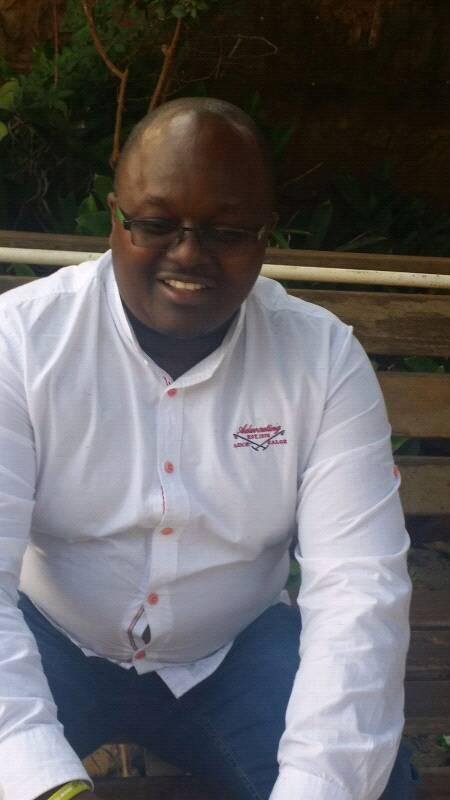 PeterMember
PeterMemberThis is a practical example of a community that highly stigmatize MSM. It is also an indication of lack of proper stakeholders engagement.However I must say that even with proper community stakeholders engagement such issue might still occur in real life.The welfare of the participant will be paramount and therefore their health and well being will be assessed,reassured ,treated if indicated and referred for extra care where necessary. To mitigate such a scenario from happening I would convene a stakeholders engagement processes by conducting a proper stakeholders analysis.This would help me identify who to involve in the process.I could constitute a CAB if non exist.Other members to include would be legal rights groups and the club owners for them to understand the nature of our work.I would work closely with the media at the local level to ensure the population has the right information about our work.The stakeholders identified would best know their roles in the study.An issue management protocol would be useful at this point. If necessary i would work with legal and human right organisations for legal redress.
-
06/08/2016 at 10:32 pm #5261
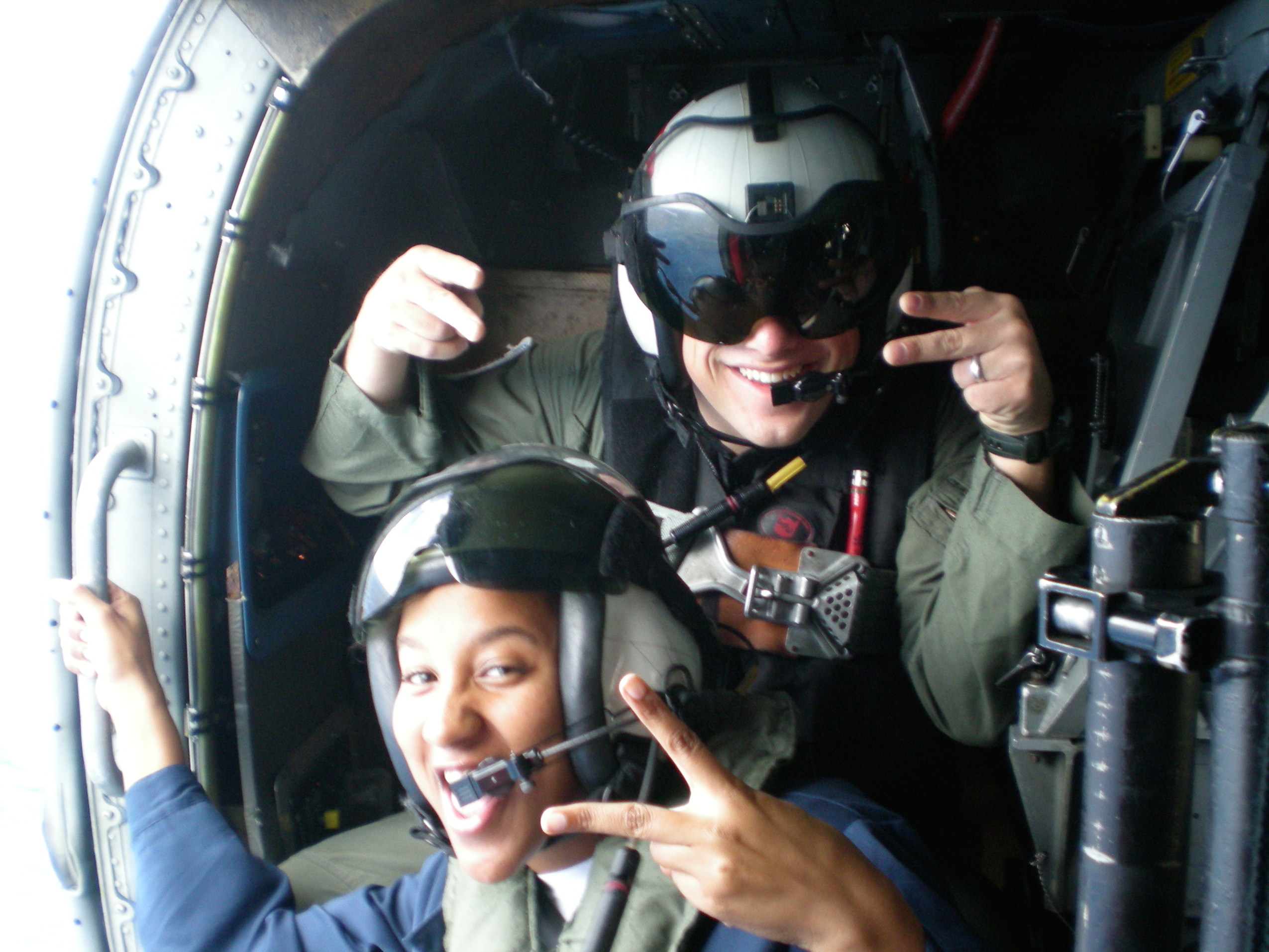 SantorraMember
SantorraMemberKatherine, you made a good point when you stated that the trial team should discuss what happened with future trial participants. That is something that I did not immediately think about when forming my response. Indeed, anyone interested in participating in a trial will have heard about it and likely be expecting an explanation so that they will feel that it will be safe to join a study.
-
06/08/2016 at 7:17 pm #5260
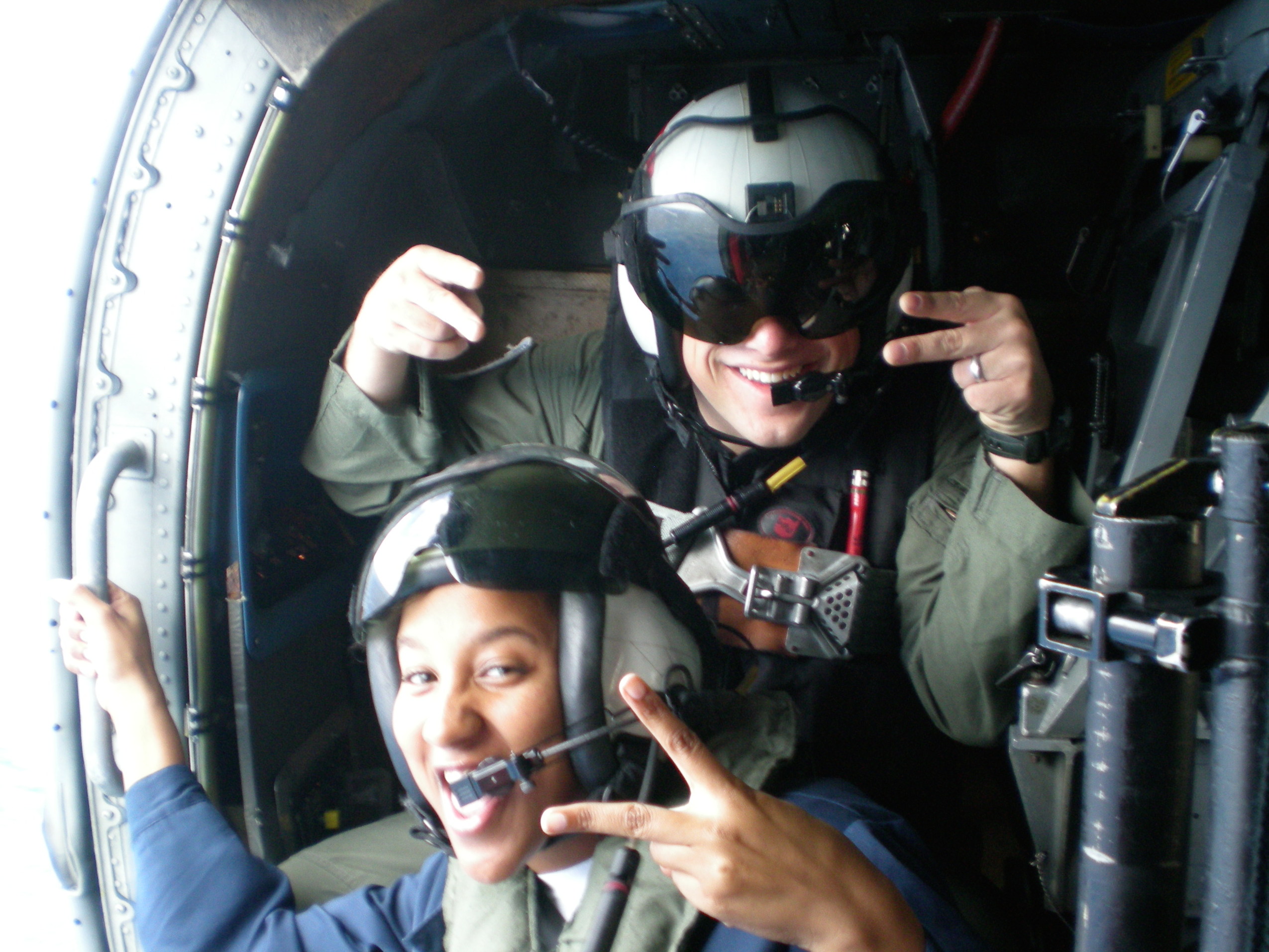 SantorraMember
SantorraMemberThis, in my opinion, is a bit of a tricky situation. As many others have already noted, it would have likely been best to invite local club and hangout owners and workers to a stakeholder meeting to discuss the premise of the study and potential implications that may arise. Being that the trial is taking place in a community where homosexuality is both outlawed and highly stigmatized, however, even taking this step could lead to discrimination and fights if the owners and workers still have the community mindset; they may take the information learned at the meeting and choose to gossip or incite violence instead of help.
I feel that beforehand, the trial team should have conducted a focus group (away from the clinic) consisting of local bar and hangout owners and employees to gain insight on the tolerance levels of people working in the individual venues. That way, perhaps the team could inform and recommend that participants refrain from going to certain places that would be unwelcoming. The team would then also be able to identify people who could be the stakeholders that would learn more details about the trial such as the type of people who will be participating. This way, the likelihood of a violent situation could be reduced.
Considering that the attack has already happened, the team’s first priority is the safety and well-being of the participants involved. Our team would contact the participant to check on his health and see how he feels about the situation. He would be offered a referral to counseling services. At this point, a list of “no-go” places would be created and the focus groups consisting of club and hangout owners held to determine tolerance. The community education team could then focus on informing those who are less tolerant about our trial site and what our actual mission is so that, hopefully, incidents like this do not happen again. It would also be a good opportunity to create a media campaign to proactively inform the community and combat “hate-crimes”.
-
06/07/2016 at 3:16 pm #5251
Phumeza
MemberThe first that i could have done before the project start is formattive research, where i will get the feel of the community, identify their culture and norms. Then i will organise a stakeholders meeting were i will include the influentail people in the community and identify those who work and deal with MSM. And the community dialauge will be another form of communicating with the community were i will discuss about the project and answer the community questions and concerns.
-
06/06/2016 at 8:57 pm #5238
 KathrineMember
KathrineMemberHow might your team handle this situation?
A lot of important suggestions have already been made by my fellow learners. Here are a few other thoughts.
After such an attack it would be important for the research team to convene a meeting with their local CAB and other stakeholders to properly debrief the incident and to develop strategies that are appropriate to that local context to prevent such attacks in the future. They may also wish to develop clear communication about the attack and future strategies to share with trial participants and potential participants so that the research team is in charge of the communication about what happened and can also communicate their response, to minimize potential additional rumours. In addition the research team should discuss what their responsibilities are towards the participants who were harmed. Finally, the research team should discuss with the CAB what kind of communication approaches could be useful to dispel the rumours that the trial is “training men to be gay.”
-
06/05/2016 at 6:11 am #5224
Bamidele
MemberThe first thing the research team needs to do is to dispel the rumor using appropriate strategies. It is quite obvious that in the first place the formative stage of the trial was not well conducted as some key stakeholders who were anti-MSM were not consulted. The first thing the research team needs to do is to know who the attackers are in order to prioritize their engagement. are they religious organisations, other social groups or the general public? are they law enforcement agents or other social groups, the club owners might not be the ones perpetrating this attack because they need the patronage of the MSM to make money. The research team should collaborate with community based organisations to identify these attackers. Attacking MSM participants mean they are not respected and accepted in the community. After the identification, the night clubs where these MSM are being recruited should be used as venues for dialogue with the different stakeholders, supporting(e.g. Gay activist alliance group, Human right group, club owners etc) and. disliking MSM (e.g. anti-gay organisations, religious organisations preaching against homosexuality) as well as government presence to ensure security. Dialogue should include ethical consideration of the trial (e.g. respect and acceptance of MSM), the importance of the trial to prevent the spread of HIV among MSM and night clubs as a venue for recruiting MSM. The capacity of club owners on HIV and risk factors should be strengthened after which they should be used to drive the dialogue.
In the formative stage, in as much as I agree with the research team engaging all the stakeholders from the beginning to dialogue on envisage threats to the recruitment and retention of MSM in the trial, I also believe in engagement to to develop a bill of right for the MSM participants in the legislature is a very important strategy. The CSO will be very important in this regard. The bill if passed into law will legalize the acceptability of the MSM by every individual or group in the community during the trial and the risk of attacking them will be highly minimized.. -
06/03/2016 at 11:21 pm #5223
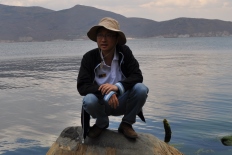 HaoyuMember
HaoyuMemberwell I think engagement and preparation ahead of time to minimize chance of such incident happening is what we all can agree upon, but sometime things happen no matter what. in this case, it’s unclear if the night club is indeed a place where participants are recruited or whether it was just a rumor, and if it is, then i sure would hope that the club owners did closely participate before the trial start and agreed to work with trial researchers, and had input to frame every aspect of the collaboration/coordination. it would be very bad if recruiters were just going there to recruit without owner knowledge. but regardless, when sometime like attack happens at a commercial venue, then you obviously need to communicate and placate the owners and try to address their concerns through meetings, definitely need to hear them out first. Then the central issue here is that participant have came under harm. what we hope is that before the trial, specific confidentiality protocols are in place to prevent something like this from happening, but once it happens in a place where homosexuality is highly stigmatized an illegal, it’s a tough issue. I think you need to talk with local community and advocacy groups that have experience with such things, hopefully they are represented in your CAB. I think you need to have good relation with local law enforcement agencies. even if they are not sympathetic to gays or there’s no legal framework for discrimination against gays, however from the perspective that people have been physically attacked in public venues is ground for law enforcement to step in and prevent these incidents. in reality, i am sure that the local police knows about the night club and its business niche and probably the owner have good relation with the police, so it’s up to the trial team to pro-actively coordinate with these stakeholders to ensure the safety of study participants and the local business.
-
06/03/2016 at 7:07 am #5218
Isaac
MemberThe problem i have observed is that Researchers are always in a hurry for participant recruitment instead of investing enough time on Stakeholder Engagement. Attention is only given to stakeholder Engagement when there is a problem otherwise stakeholder Engagement is not regarded as an important factor.
I feel with the influence and impact am seeing with GPP, things may change
-
06/03/2016 at 6:33 am #5217
Isaac
MemberWith what I have learned in this course, stakeholder engagement is very important in each trial. Stakeholders regardless of their education background or affiliation.
There was supposed to be enough information/sensitization about the study, human rights, confidentiality and policies regarding the possible participants.My observation is that in most trials, very little is done regarding stakeholder engagement until challenges arise then people would realize that there were gaps at trial design and even at implementation stage.
It would be important to be pro-active. It is important to consider every stakeholder at the trial design to avoid surprises or unexpected happenings.
However, when this happened, the research team should have met and look at their issue management plan and problem solving mechanisms in place and possibly call for a meeting with the CAB and the rest of stakeholders including night club owners and mostly targeted groups and present the challenges.
After these meetings with stakeholders, sensitization should have been enhanced to make sure myths or misconception are cleared.
Assurance of security to participants should be emphasized to make sure the recruited participants do not live in fear or decide to leave the study due to fears. -
06/02/2016 at 6:53 pm #5215
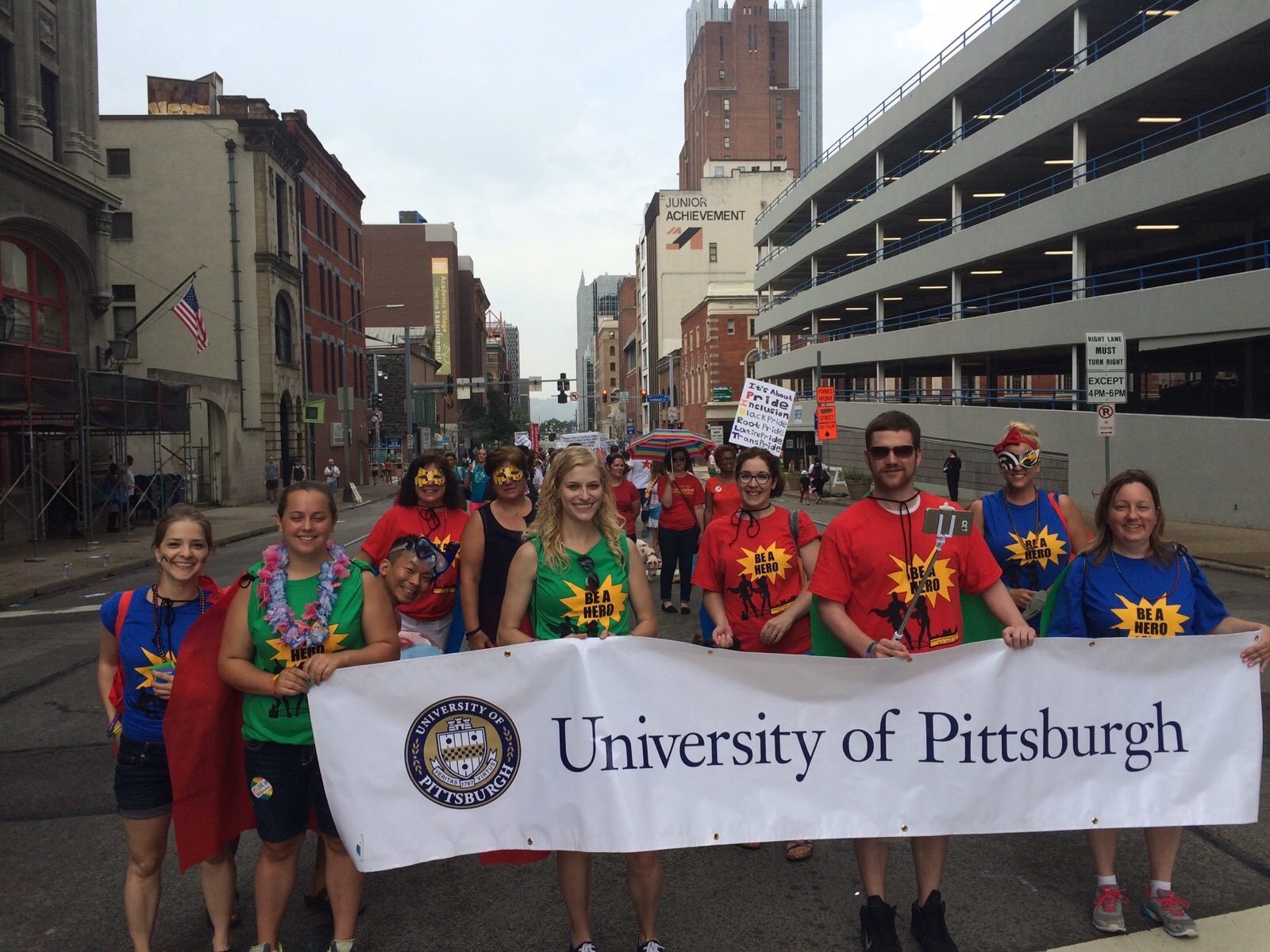 SherriMember
SherriMemberin regards to Larissa’s comment on education “The research team could visit the local nightclub and inform the club-owner to provide an information session on the research”- that is something that I didn’t even think of. I was more focused on anonymity than education. Possibly having public community forums on the research would be beneficial!
-
06/02/2016 at 6:52 pm #5214
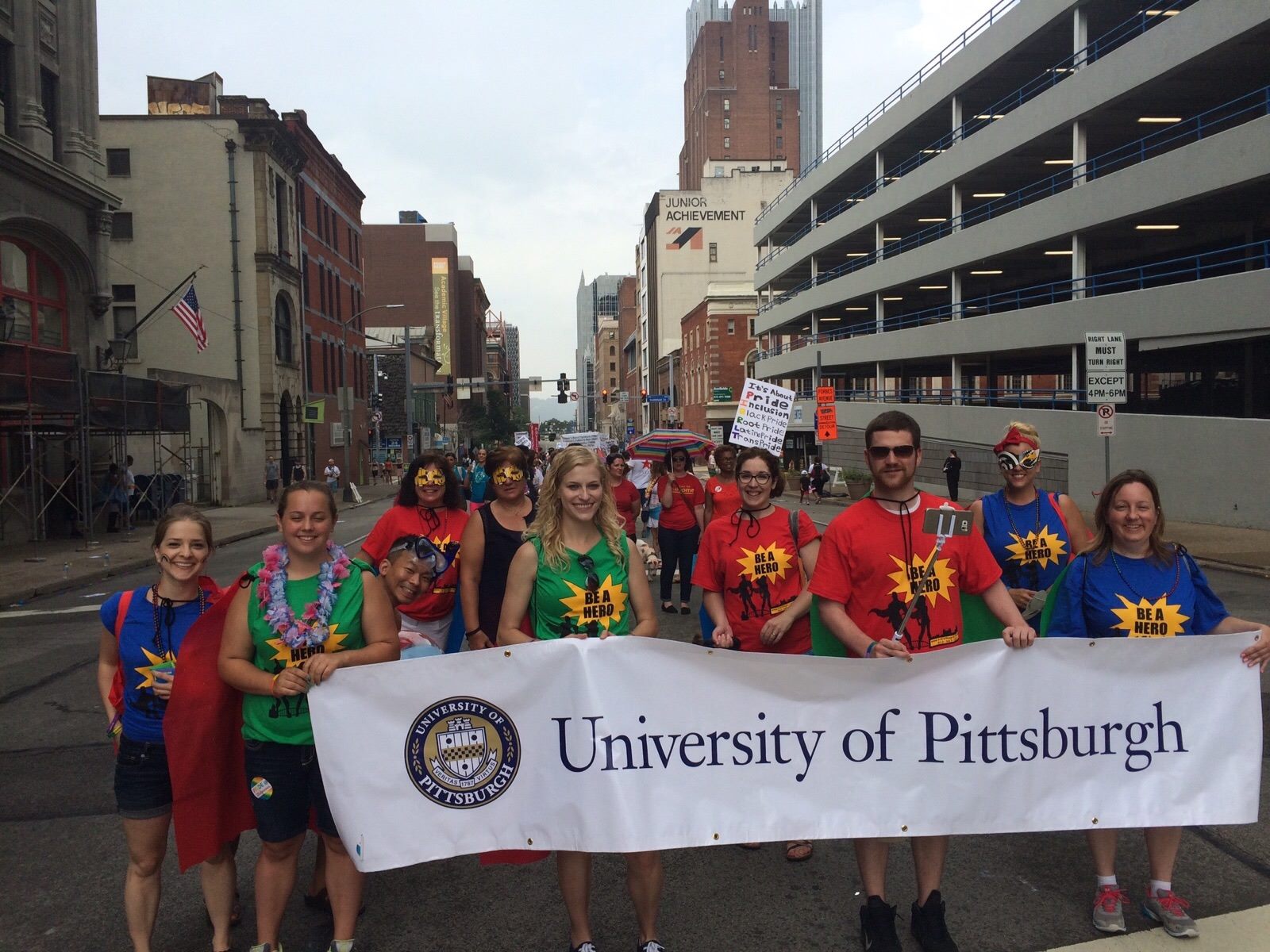 SherriMember
SherriMemberlearning more about the stigma before the trial started would be a good idea. Having discussions with past participants or other MSM (possibly focus groups or interviews) about what to expect would be helpful.
I think the main thing here is the importance of participants being anonymous, so they are not associated with the trial and stigmatized as a result. Having some referral info on behavioral support services may be needed, as well.
-
06/02/2016 at 12:20 pm #5213
 BerniceMember
BerniceMemberPrior to commencement of trial, a good formative research to address complexities and concerns bordering the trial site, meetings with key stakeholders ( including CAB) and Community Based Organization( CBO) would have been appropriate.
With the situation at hand, the safety of the participants is paramount. My team would have suspended the trial for a while. Hold meetings with all the stakeholders involved( CBO, MSM representatives, club owner etc) to educate on the relevance and benefits of the trial, discuss and negotiate on the issues to cover the life cycle of the trial, access their opinions and come to a consensus. Also ensure understanding and acceptability of the trial as well as having regular meetings with them to give updates and get feedback on the trial to avoid future attack. -
06/02/2016 at 3:12 am #5211
 Mahesh RamraoMember
Mahesh RamraoMemberIn above situation safety of trial participant from physical, and social harm will be important. Meeting of research team with members of night club, night club owner, MSM advocacy groups, and human right groups should be arranged on priority. Information about research, safety about participant can be discuss, and assurance to safety of trial participants will be taken during meeting. Main attention will be given on how rumors will be removed, stigma will be reduced so discussion, advocacy, brainstorm, and advice will be important. Night club owner, and MSM advocacy group will acts as key stakeholders here. Tricks, and tips about how to deal with in situation of violence, and stigma will be given to trial participant, and night club owner.
-
06/01/2016 at 1:42 pm #5205
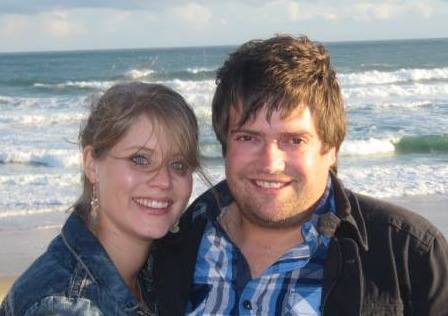 LarissaMember
LarissaMemberThe research team could visit the local nightclub and inform the club-owner to provide an information session on the research. The MSM advocacy group could be involved in this process. An event could be organised in the local nightclub or in the area whereby information is provided on the research to educate the community on the protocol and reduce stigmatization. Social harms should be reported to participants who were attacked at the local nightclub and refer them to appropriate services, like a social worker and health care providers. A case should be reported at the police station.
This could have been prevented if the research centre had involved stakeholders in the community, like a MSM advocacy group and legal rights organizations. Awareness should have been created before stigma arises. Referral systems should be in place before the start of the trial and parties should be informed on the trial.
-
06/01/2016 at 12:27 pm #5202
Alison
MemberPrior to the project being launched (and now there has been a negative reaction in the community to the project) I would have planned a stakeholder gathering (key community members, shop owners, nightclub owner, locals) to dis-spell myths around the MSM project and population. I would inform them of the project goals and objectives and get them on board.
I would also engage the MSM participants to ask them where they experience most stigma and marginalization and seek to address those areas. They could direct/suggest to the research team strategies to dis-spell myths moving forward.
-
06/01/2016 at 7:58 am #5200
Caroline
MemberPro-active and informative measures are the key to preventing these types of things from happening. Night club owners and other stakeholders could have been invited for a meeting at the site where information and education was provided. As such, these people would have been aware this type of trial was coming up and they could have been given information, tips and tricks how to deal with violence or stigma when (potential) subjects would enter their club or would be attacked on the streets or in the community.
At the same time, these stakeholders could have shared their experience and insights on how to prevent and limit stigma for potential subjects. By working together, a plan could have been established so all parties are aware and are capable to react rapidly and efficiently when something would happen.
-
05/31/2016 at 2:28 pm #5195
 AnthoniaMember
AnthoniaMemberThe research team representative should visit the night club and hold meetings with them explain what the study is all about. The team will also ask the club owner to invite their key stakeholders to a meeting where they will also explain what the study is all about. The safety of the participants who are their customers should also be emphasized.
The protocol content should be explained and interpreted to all the key stakeholders. At the planning stage the research team should engage night club owners as one of key stakeholders, human right groups,other relevant stakeholders , brainstorm, deliberate and discuss the study that is about to start.There should also be regular meetings with all the stakeholders for continuous discussion concerning the study till the study is completed. The safety of the participants should be guaranteed at such meetings.
-
-
AuthorReplies
- The forum ‘GPP Online Course Forum_March 2016’ is closed to new topics and replies.


